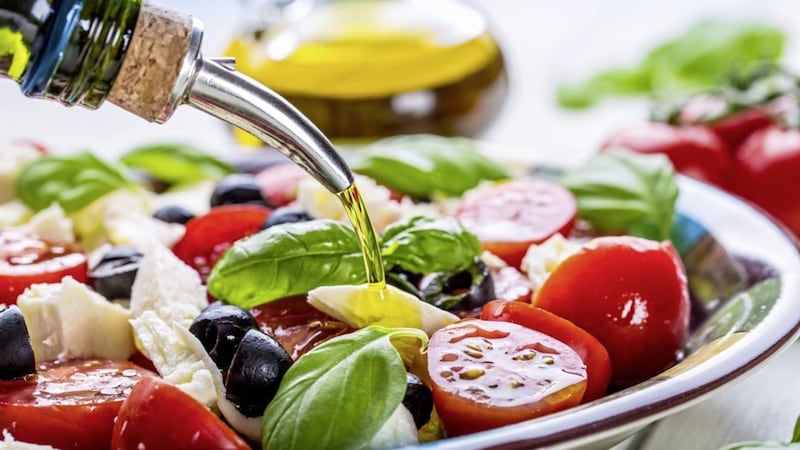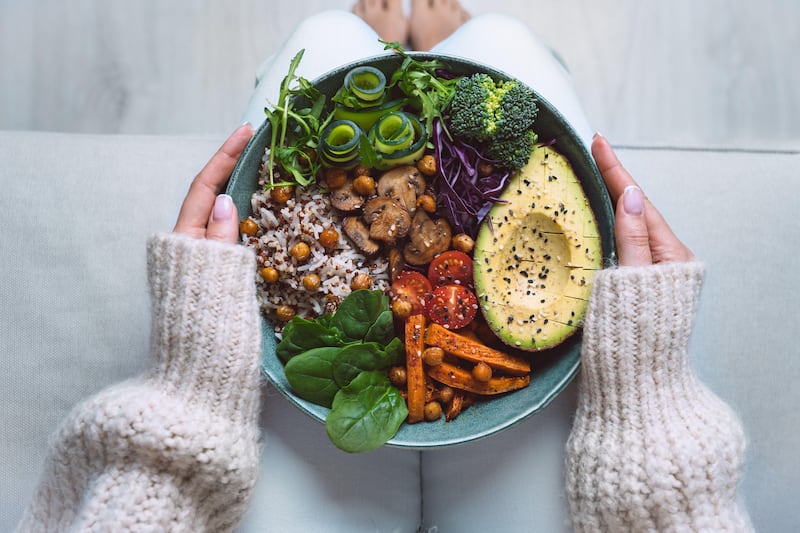IF THERE is one nutritional issue that tends to confuse people, it’s the question of fats. What are the best oils to cook with, spread on and drizzle over your food?
Before we go any further, though, let’s talk about saturated fats. For years we have been told to eat 'low fat', avoid saturated fat and eat margarine instead of butter, all in a quest to reset our fat balance and reduce cholesterol, obesity and other health issues of our time. In fact, it seems that all of this low-fat nonsense has had the opposite effect.
Contrary to its reputation, saturated fat is unlikely to cause high cholesterol, could contribute to weight loss and insulin balance, may help regulate appetite and can leave us feeling satiated and less likely to crave junk foods. Not to mention that fact that saturated fat is safe and healthy for cooking, as it is not be damaged by cooking at higher temperatures.
So let’s delve a little deeper and discover the healthiest oils to add to your shopping list.
:: Olive oil
Without a doubt, olive oil is one of the most important oils for us to include in our diet. An important ingredient in the Mediterranean diet, olive oil has been associated with supporting heart health, brain function and memory as well as having potential benefits at reducing risk of cancer. Although olive oil can be used for cooking, it has a lower smoke point that other oils like butter or coconut oil, so it is best to add some liquid to your recipe to help keep cooking temperatures lower eg lime juice, lemon juice, stock, soya sauce or just a dash of water.
Extra virgin olive oil is the very first pressing of oil, produced by cold-pressing so the delicate monounsaturated fatty acids are not damaged in production.
The verdict: Use cold pressed, extra virgin olive oil for dressings and drizzles and for cooking at lower temperatures
:: Butter
Butter gets my vote for the best spread for my bread. Yes, it is a saturated fat, but that does not make it a bad thing. In fact the ‘science’ that has formed the base of the low-fat revolution has recently been put into serious doubt. Butter will not make us fat or increase our cholesterol. A little in moderation is a lot healthier than the highly processed alternatives of margarine.
In fact, in the USA, sales of Irish butter like Kerry Gold have exploded, with health-conscious consumers seeking out grass-fed butter, thanks to its high levels of a fat called CLA (conjugated linoleic acid) linked to weight loss and improved heart health, and its higher levels of carotenoids and vitamin K.
The verdict: use butter for spreading and cooking.
:: Coconut oil
One of my favourite oils for cooking, coconut oil can be used for cooking at higher temperatures. Coconut oil is a saturated fat, from lauric acid, a medium-chain triglycercide (MCT) that has been shown to reduce LDL (bad cholesterol) and improve HDL (good cholesterol).
Coconut oil has also been found to help normalise blood lipids and protect against liver damage, play a role in preventing kidney and gall bladder diseases, and is associated with improved blood sugar and insulin control and therefore the prevention and management of diabetes. In addition, coconut oil has antiviral, antibacterial and anti-fungal properties.
The verdict: use coconut oil for cooking or spreading.
:: Rapeseed oil
Rapeseed oil has a high smoke point, so can be used for cooking. From a health point of view, opinion is mixed. The omega 3 that is often touted as being one of the main benefits to consuming rapeseed oil is very delicate and can be damaged by heat, so choose a cold-pressed variety to be on the safe side.
The verdict: use cold pressed varieties.








